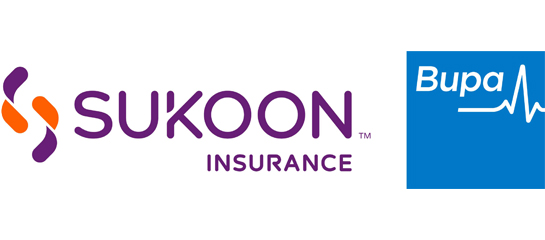How Vitamin C and D foods help improve your mood
Vitamins C and D play a crucial role in immunity, bone health, and overall wellbeing. This article explains their benefits, sources, and how to ensure you get enough in your diet.

How Vitamin C and D foods help improve your mood
We’ve all had moments where we feel a little down, moody and not exactly on top of the world – that’s just part of life. But what isn’t normal is feeling like this regularly without understanding why. While serious bouts of depression and sadness should always be met with a consultation from your healthcare professional, there could also be a very simple reason why you are experiencing these unexplained ‘off days’. Your diet.
A diet rich in key vitamins and minerals has always been praised for making people feel healthy, happy and more vibrant. But did you know that specific vitamin deficiencies in your daily diet could be the reason you are feeling so low? In fact, studies have shown that the deficiency in Vitamin C and D have been linked to depression and cognitive impairment.
Commonly known as the “sunshine” vitamin, Vitamin D is an essential fat-soluble nutrient that helps keep bones strong, regenerate cells and boost immune function. More recently though, a study has shown a link between Vitamin D deficiencies and depression. Researchers believe this is due to the fact that Vitamin D is important for healthy brain function and insufficient nutrient levels may play a role in depression.
So what can you do to help boost these mood-boosting vitamins? Other than getting your daily dose of sunshine (20 minutes while wearing sunscreen) there are many Vitamin D foods you can consume to up your intake (the recommended daily value is 800 IU of Vitamin D per day from your food). These include Vitamin D3 sources such as wild-caught salmon, herring, sardines, canned tuna and egg yolks, as well as foods that have been fortified with Vitamin D such as cow’s milk, soy milk and orange juice.
Vitamin C
While Vitamin C is mostly renowned for boosting your immunity and helping fight off colds and viruses, a Psychiatry study suggests that Vitamin C deficiency is also related to depression, adverse moods and cognitive effects. While the link between Vitamin C and mood might seem surprising, many people who have a Vitamin C deficiency often feel fatigued or depressed.
So how can we boost our intake naturally? Consuming plenty of Vitamin C foods such as fruits and vegetables is the best place to start. Red peppers, guava, kiwi fruit, mango and pineapple pack more Vitamin C than an orange, so try to incorporate these throughout the day as much as you can. Just make sure to not exceed the daily upper limit of 75 to 90 milligrams (mg) a day though as too much can cause an upset stomach and nausea.
So, ready to start feeling like you want to spring out of bed again? Then upping your daily dose of Vitamin C and Vitamin D might just be your answer. We hope the above tips will help, however, it is important to always check with your healthcare provider for the appropriate units of vitamins that your body needs.
- BMC Psychiatry (https://bmcpsychiatry.biomedcentral.com/articles/10.1186/s12888-020-02730-w), last accessed in October 2022
- National Library of Medicine (https://pubmed.ncbi.nlm.nih.gov/23377209), last accessed in October 2022
- National Institutes of Health (https://ods.od.nih.gov/factsheets/VitaminD-HealthProfessional), last accessed in October 2022
- National Institutes of Health (https://ods.od.nih.gov/factsheets/VitaminC-HealthProfessional), last accessed in October 2022







